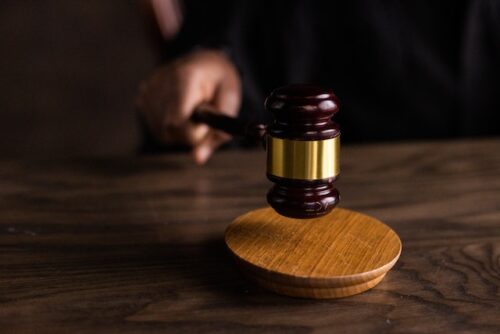
The U.S. Citizenship and Immigration Services (USCIS) recently issued an important update to its policy manual, aiming to clarify the types of evidence considered for the EB-1 immigrant visa classification, specifically for individuals claiming extraordinary ability under the E11 category. Continue reading to learn more about how the recent update may affect you.
What Is the Extraordinary Ability (E11) EB-1 Immigrant Visa Visa?
The EB-1 visa is a highly sought-after immigrant classification that allows individuals with extraordinary ability in fields such as science, arts, education, business, or athletics to apply for permanent residency in the United States. The extraordinary ability (E11) subcategory requires applicants to demonstrate sustained national or international acclaim and recognition for achievements in their field.
To prove this, applicants must submit a range of evidence. USCIS evaluates the documentation provided based on specific criteria outlined in its regulations. This new policy guidance focuses on how USCIS will interpret and apply these criteria.
What Changes Did USCIS Make to the Extraordinary Ability (E11) EB-1 Immigrant Visa Classification?
The USCIS has updated its Policy Manual to provide further clarity on the types of evidence petitioners can submit to prove their eligibility for an EB-1 visa based on extraordinary ability. These updates affect several criteria used to evaluate whether an individual meets the high standards set for the E11 classification, which is reserved for individuals at the very top of their field. The changes include:
Recognition of Team Awards
USCIS now confirms that team awards can be considered under the “lesser nationally or internationally recognized prizes or awards for excellence in the field of endeavor” criterion. This clarification is significant for individuals who may not have received personal awards but have been recognized through achievements as part of a larger team, such as in sports, science, or collaborative projects. This offers broader options for those demonstrating excellence.
Clarification on Past Memberships
The policy update clarifies that USCIS will consider evidence of past memberships in professional associations under the membership criterion. This means that, even if you are no longer an active member, documentation of your previous involvement in prestigious organizations can still contribute to establishing your eligibility.
Revised Published Material Criterion
Previously, the language surrounding published material implied that it must demonstrate the value of an individual’s work to satisfy this requirement. The new guidance removes this language, allowing for a broader interpretation of published material. This change could make it easier for applicants to use articles and features about their work as evidence without needing to emphasize how the publication assesses their contribution.
Definition of ‘Exhibition’ in Artistic Context
The policy further clarifies the meaning of “exhibition” under the relevant regulation. While a dictionary definition may imply that exhibitions can include non-artistic displays, USCIS has specified that, for EB-1 purposes, only artistic exhibitions will be considered under the artistic contributions criterion. Non-artistic exhibitions may still be evaluated under comparable evidence, but this clarification limits the scope for this type of evidence.
How Will This Policy Update Impact EB-1 Applicants?
These updates provide more transparency and help petitioners better understand the evidence USCIS may accept. However, the EB-1 Extraordinary Ability category remains one of the most rigorous classifications to qualify for, as it is designed for individuals with extraordinary achievements in fields such as the arts, sciences, education, business, or athletics. While the new policy guidance offers more flexibility, submitting a successful petition still requires thorough preparation, detailed evidence, and a strategic approach.
If you have further questions or wish to speak with a skilled New York immigration lawyer, simply contact the Lightman Law Firm today.